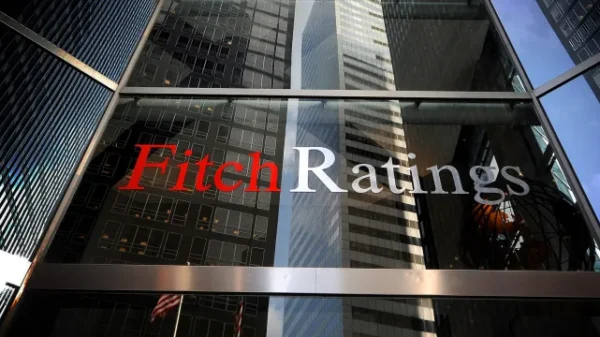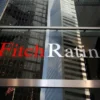Imminent Tariffs
U.S. President Donald Trump announced on Sunday that he would be unveiling new tariffs on imported semiconductors in the coming week, signaling a renewed push to shift high-tech manufacturing back to the United States.
While speaking to reporters aboard Air Force One, Trump revealed that the new tariff rate on chips would soon be disclosed, and he hinted at some flexibility for certain companies within the sector.
Trump emphasized the need to simplify trade rules for semiconductor companies, saying, “We want to make our chips and semiconductors and other things in our country.” Although he did not clarify whether items like smartphones would remain exempt, he did say there must be “a certain flexibility” in how the tariffs are applied.
The announcement follows a previous declaration by the White House that certain tech items—such as smartphones and laptops—would be temporarily excluded from steep reciprocal tariffs on China.
That move offered temporary relief to the tech industry and raised hopes that consumer electronics might avoid price hikes. However, the president’s latest comments suggest those exclusions may be short-lived.
Earlier in the day, Trump also launched a national security trade investigation into the semiconductor sector and the broader electronics supply chain. On social media, he posted, “We are taking a look at Semiconductors and the WHOLE ELECTRONICS SUPPLY CHAIN in the upcoming National Security Tariff Investigations.”
Commerce Secretary Howard Lutnick added further clarity, noting that new duties targeting semiconductors, smartphones, computers, and pharmaceuticals would be introduced separately from Trump’s reciprocal tariffs—some of which have already reached as high as 125% on Chinese imports. He explained that these “special focus-type tariffs” would roll out in a month or two, aimed at reshoring critical technology production.
China responded swiftly by raising its own tariffs on U.S. goods to 125%. Meanwhile, the markets reacted with volatility. Wall Street witnessed its most turbulent week since the COVID-19 pandemic began, with the S&P 500 down more than 10% since Trump took office in January.
Billionaire investor Bill Ackman, while supportive of Trump’s presidency, urged him to pause the aggressive tariff strategy and instead implement a more moderate 10% duty for 90 days to avoid economic shock.
Critics across the political and economic spectrum have voiced concern over the administration’s inconsistent messaging. U.S. Senator Elizabeth Warren said, “There is no tariff policy—only chaos and corruption,” while strategist Sven Henrich criticized the daily shifts in policy that he said made it impossible for businesses to plan.
Despite growing tensions with China, U.S. Trade Representative Jamieson Greer said negotiations are underway with other countries, including the UK, EU, and Japan, but no direct talks with Chinese President Xi Jinping are scheduled yet.
Economist Ray Dalio warned that if mishandled, the tariff strategy could push the U.S. into a recession—or worse. “We are very close to a recession,” Dalio said, “and I’m worried about something worse if this isn’t handled well.”









